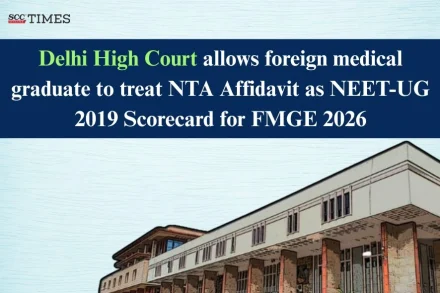
Delhi High Court allows foreign medical graduate to treat NTA Affidavit as NEET-UG 2019 Scorecard for FMGE 2026
“The affidavit discloses the total marks obtained, the corresponding percentile, as well as the NEET-UG 2019 rank of the petitioner.”

“The affidavit discloses the total marks obtained, the corresponding percentile, as well as the NEET-UG 2019 rank of the petitioner.”
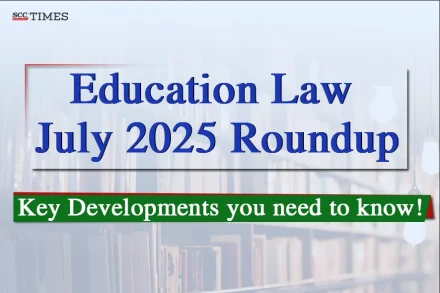
Covering all the important Education Law cases across various High Courts and the Supreme Court, this roundup provides a quick summary of cases, links to other roundups, latest legal updates in criminal law and a few top stories of the month.

“It is correct that this exam is very important for every child for their future career, but it is also important to note that out of 27,264 candidates, only 70 candidates have filed writ petitions complaining about disruption due to power outage which is a very insignificant figure.”
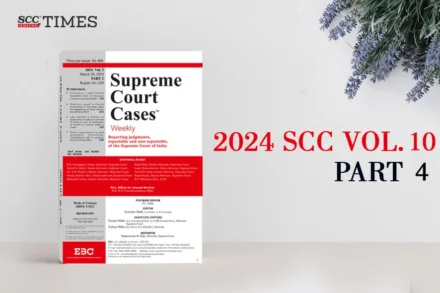
Arbitration and Conciliation Act, 1996 — Ss. 11(6) and 37: Setting aside of order setting aside award, by Court exercising jurisdiction under
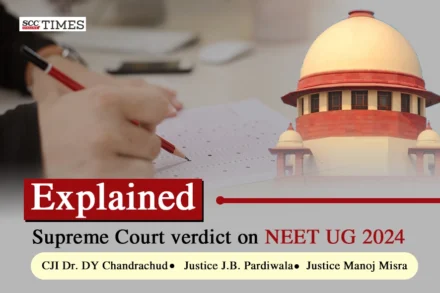
“Courts may direct the cancellation of an examination or approve such cancellation by the competent authority only if it is not possible to separate the tainted candidates from the untainted ones.”
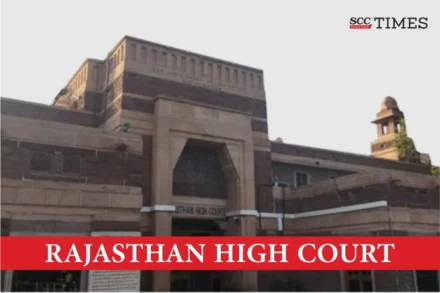
The Court adjourned and scheduled the matter on 10-07-2024, thereby allowing the respondents time to file their replies.
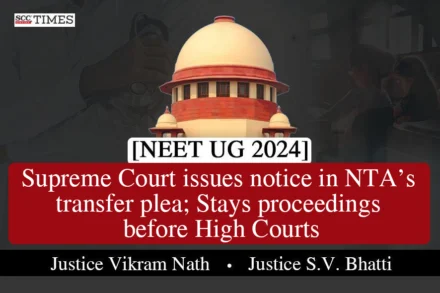
The stay was on proceedings in petitions filed in Rajasthan, Calcutta and Bombay High Courts regarding the alleged paper leak in the NEET-UG 2024 exam held on 05-05-2024
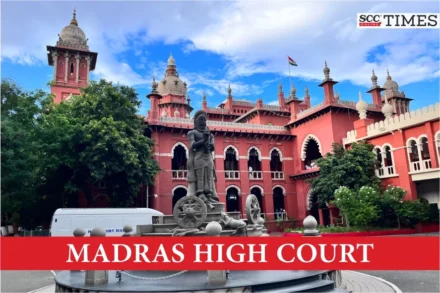
“If the facilities required by the petitioner are denied, she will not be able to take the examination, which would lead to discrimination that is forbidden by Article 14 of the Constitution of India.”

“To iron out the discrepancy which arises as a result of the unavoidable possibility of different papers being of different difficulty levels that the process of normalization is adopted. Individual discomfitures are inevitable in such a process and cannot afford a basis to unseat the entire examination.”

“It was submitted that the exercise of re-examination of the answer keys after the final results were declared may have been avoidable but was undertaken bona fide, especially as a large number of objections were received even after the final result was declared.”
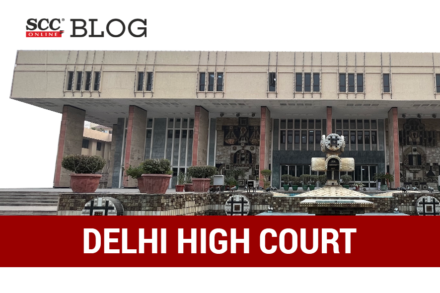
The delay on part of the petitioner in approaching the Court had led to the conclusion of admission process, due to which the candidates with lower merit would got admission which stood crystalised. Therefore, no exceptional circumstances existed in warranting issuance of directions to admit the petitioner in the academic year 2022-23.
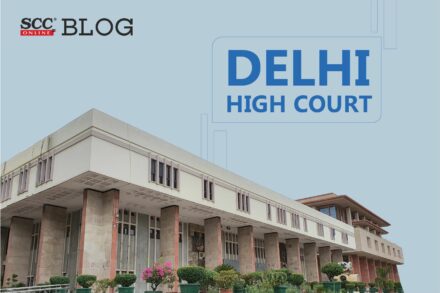
Delhi High Court: In a case filed by a student of class XIIth who is under a dilemma of whether
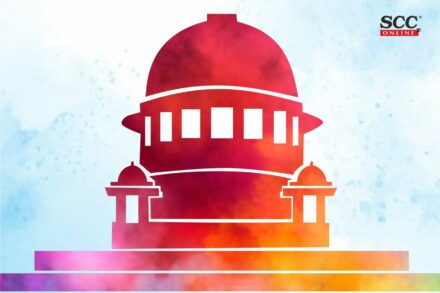
“Education plays a key role in social and economic inclusion and effective participation in society. Inclusive education is indispensable for ensuring universal and non-discriminatory access to education.”
In view of the hardships faced by the parents and the students due to COVID-19 epidemic, the National Testing Agency has postponed
Karnataka High Court: The Division Bench of L. Narayana Swamy and R. Devdas, JJ. while disposing of the petition directed the respondents